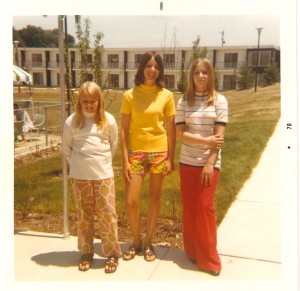 Every once in a while, something happens that makes me think of all the people who’ve moved in and out of my life over the years.
Every once in a while, something happens that makes me think of all the people who’ve moved in and out of my life over the years.
Some of these people were childhood friends who probably don’t know how much of an impression they made on me, much less know that I still think about them. The fourth-grade classmate who was into horses who got me into horses who moved away before we reached high school. My first boyfriend, who felt up my leg in the dark at the high school planetarium on a fifth-grade field trip. The daughters of old family friends. We hadn’t been in touch in decades and suddenly, out of the blue, reconnected this year after our mothers died.
Sometimes the friends you make stay and stay and stay. For years. I am blessed to have more than just a few friends on this list. If you’re lucky, all three of your brothers are on this list. Yesterday John suggested I fly to see one of my friends who’s on this list and I burst into tears. I miss her more than I thought.
Sometimes you have friends you get mad at for six years, during a time when you leave your borderline-personality ex and your mother is not speaking to you. And then you get back together and it’s like you never broke up.
There are the friends you make on social media. There are the friends you went to high school with, with whom you reconnect on social media. Some are utter joys to know again. Some you wish you’d left in your memory of how they were back then.
There are the brand-new friends. The ones who treat you to lunch. With whom you have intelligent conversations. Who understand your soul. You don’t yet know if they are here for the time being or the long haul. It doesn’t matter. They are here now, and so are you.
There are the friends who die. Who will stay with you every day for the rest of your life. And who knows, maybe after that too.
There are the friendships that you thought were friendships, but then discover they never really were to begin with. The borderline-personality artist you befriend immediately after leaving your borderline-personality ex. The impossibly arrogant, self-important woman from high school. The despicable human being who goes on to scare the shit out of you for a year after you say, “I’m done.”
This time, the something-that-happened that made me think about all the friends who’ve come and gone and stayed was the end of another friendship that never really was. It happened just a few weeks ago, when someone I once considered a friend blindsided me with a very long and ludicrous email. As I read it on my phone in the laundromat, I laughed out loud in places.
“Must be something really good,” said the young woman next to me, smiling.
“Life is too short,” said a friend – who happens to be a new friend and someone I consider smart, cool, collected – just two days ago.
The fallout from the breakup of this friendship, among other things, makes me think of the in-and-out, the life-and-death of friendships. It happens to every single one of us. I don’t know how we survive it sometimes. But we do.
“Friends come in and out of your life like busboys in a restaurant,” writes Stephen King in his novel The Body. Thank goodness for the ones who teach us something we need to learn before they move on. Who’ve given us good memories. Fantastic memories.
Thank goodness for the ones who stay. No matter how they stay.
We saw Lake Street Dive when they opened for Los Straitjackets at Turner Hall in Milwaukee last fall, and were blown away. (The whole night blew us away, really.) “Miss Disregard” is on their studio CD, Lake Street Dive. Their new EP is Fun Machine.






















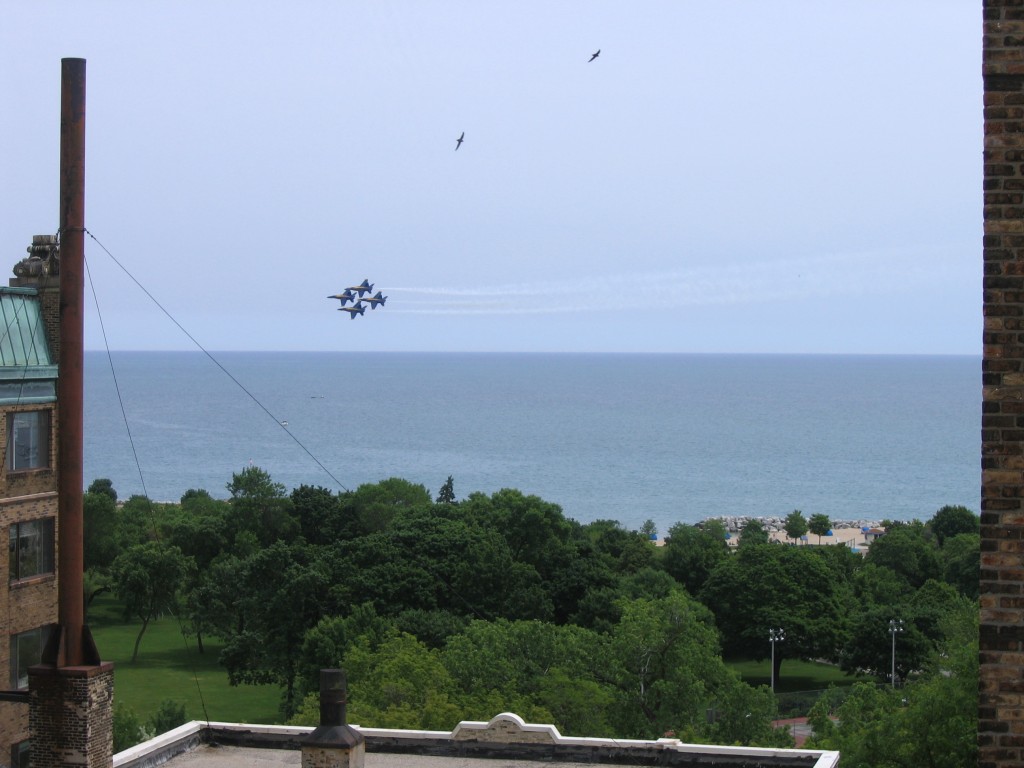
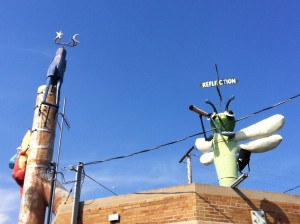

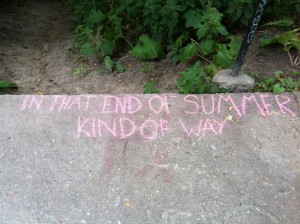








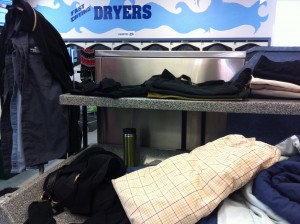
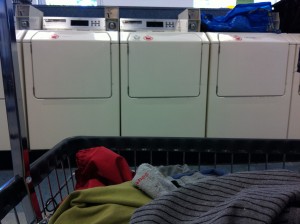
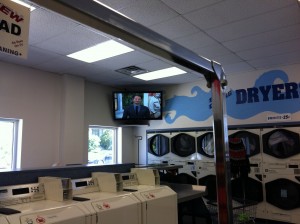
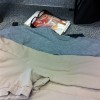
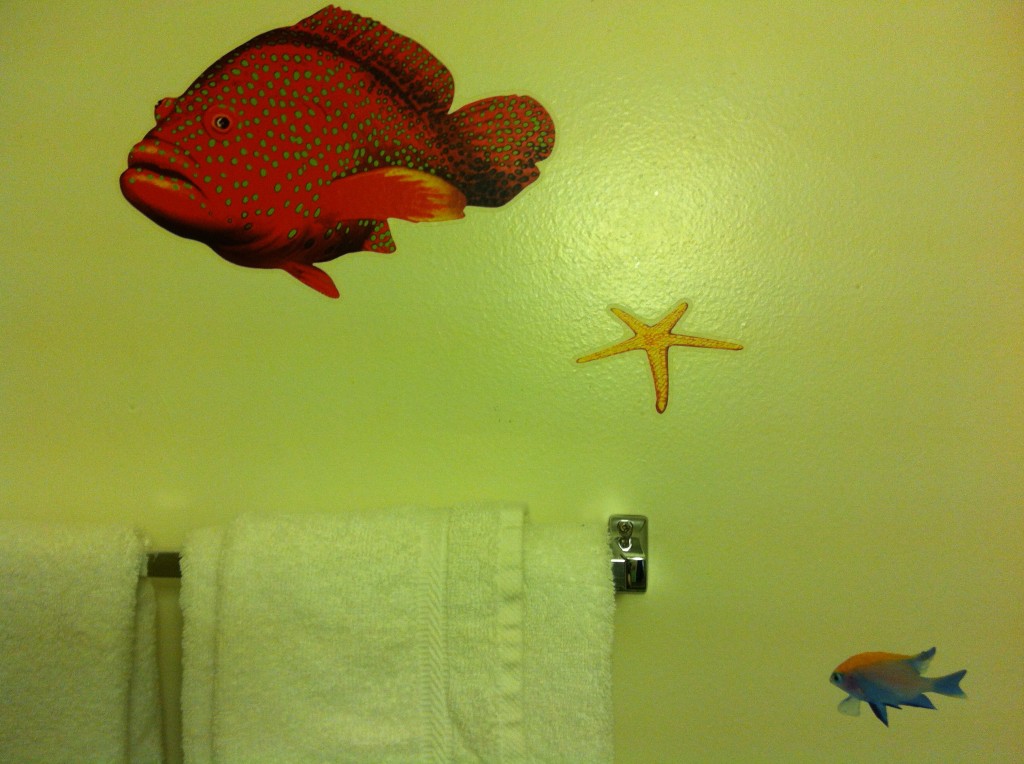
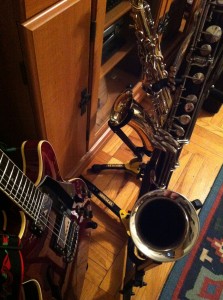
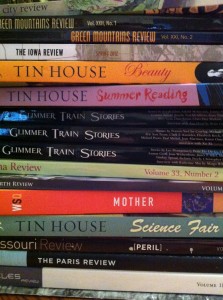

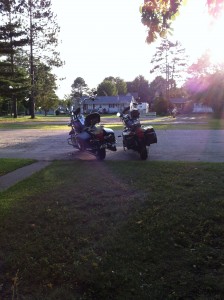
















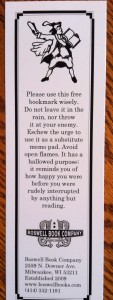









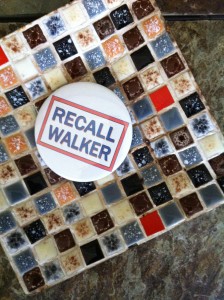
Recent Comments